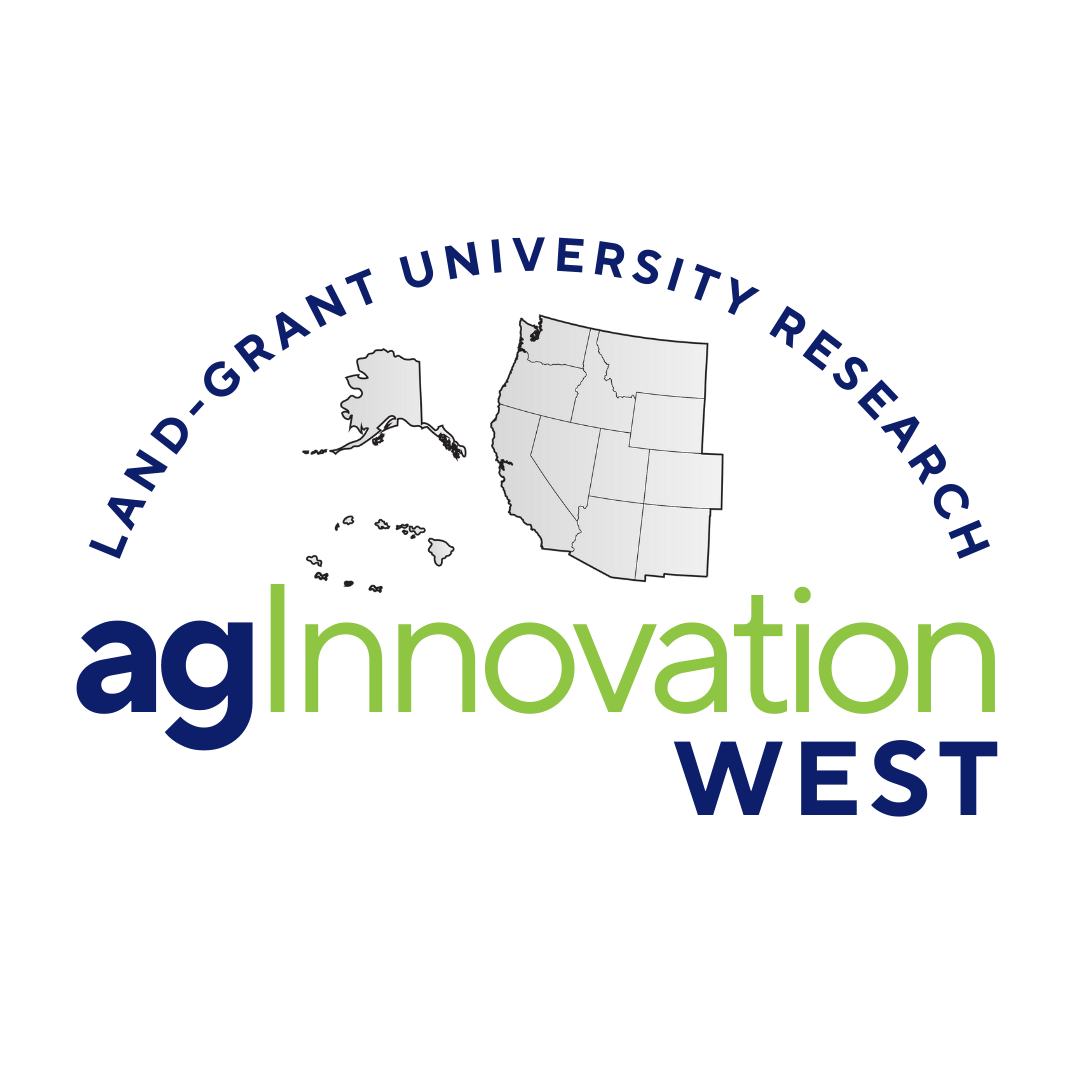
WERA_OLD102: Climate Data and Analyses for Applications in Agriculture and Natural Resources
(Multistate Research Coordinating Committee and Information Exchange Group)
Status: Inactive/Terminating
WERA_OLD102: Climate Data and Analyses for Applications in Agriculture and Natural Resources
Duration: 10/01/2000 to 09/30/2005
Administrative Advisor(s):
NIFA Reps:
Non-Technical Summary
Statement of Issues and Justification
Climate information, including historical, real-time and prognostic, is vital for the optimal management of agriculture and natural resources. The use of climate information supports policies, programs technologies, and practices that protect, sustain, and enhance water, soil, and air resources. Currently climatic data bases collected by Federal, state and local governments as well as private organizations are primarily stored by the organizations administering each climate data collection program. Communication among different government and private organizations is necessary to avoid duplicating climate data collection efforts and disseminate the data to all interested parties. Coordination between all entities collecting climate data could be accomplished at the national level. The State Climatologist is the coordinator of this activity at the state level, the regional climate centers accomplish the task at the regional level and NCDC stores the climate data at the national level. Internet tools need to be written by supportive organizations to fully use the climate data available on the internet. In the western United States, climate information comes from a variety of sources. Individuals as well as Federal, state and local government entities all share in the flow of information, including data collection and research into the relationships among weather, climate, agriculture and natural resources. Development of analytical tools and preparation and dissemination of analyses and forecasts are also shared. The resulting data, information, and products are used by researchers, policymakers, public land managers, extension personnel, professional consultants, growers and ranchers, to support development of new applications, transfer the technologies and practices used in the new applications, and adoption of those applications for better decision making by end users. In particular because of the unique character of the Western U.S., with its complex climate zones, highly diverse agriculture, forest and rangeland structure, widely varying topography, and large percentage of publically owned lands, coordination among these groups is critical to ensure consistency of information, efficiency of resources, and prioritization of research and its applications. To these ends, the Western Coordinating Committee has served, and continues to serve, a critical function in ensuring collaboration among the many and varied groups who have responsibility for climate and climate-related information in the West. In times of increasingly tight budgets, accompanied by significant economic impacts from adverse weather and variabilities in climate, it is prudent that the committee continue to serve as a focal point ensuring collaboration in weather and climate research and applications in the West�
Objectives
-
Coordinate collection and dissemination of weather and climate data and information in the western U.S. and serve as a forum for discussion of related issues.
-
Identify weather and climate issues and support research related to agriculture and natural resources in the West.
-
Map climatic elements in the West over a range of scales.
-
Promote application of weather- and climate-based products in agricultural and natural resource management.
-
Promote access to real time climate elements and products in order to improve monitoring of natural resources issues (i.e. drought, agriculture, fire).
-
�
Procedures and Activities
Expected Outcomes and Impacts
- Coordinate collection and dissemination of weather and climate data and information in the western U.S. and serve as a forum for discussion of related issues.
- Identify weather and climate issues and support research related to agriculture and natural resources in the West.
- Map climatic elements in the West over a range of scales.
- Promote application of weather- and climate-based products in agricultural and natural resource management.
- Promote access to real time climate elements and products in order to improve monitoring of natural resources issues (i.e. drought, agriculture, fire)
- �
Projected Participation
View Appendix E: ParticipationEducational Plan
Agricultural meteorology and climatology are integral sciences in virtually all research sectors of the AES. Participants are called upon to provide consultation to other researchers, extension personnel, and end users such as growers and consultants. A major focus of the WCC-102 is the development and dissemination of weather and climate information related to agricultural and natural resources management. Another purpose of the WCC-102 is the on-going education of its participants regarding activities of the complex web of agencies involved in weather and climate monitoring and application in the West. Specifically, the WCC-102 will: 1. Conduct detailed educational sessions at each annual meeting about current priority issues. For example, we will conduct one workshop on methods of effective presentation and dissemination of products, and a second workshop on evaluation of product and outreach effectiveness; 2. Coordinate and publicize the availability of sources of weather and climate information; and 3. Provide information and documentation about the various weather and climate-related products generated and disseminated under the Objectives. 4. Provide a web page and ability to post committee progress and interaction.
Organization/Governance
Governance will be standard. Two officers are elected each year: A chairman, who develops the agenda and leads the annual meeting; and a recording secretary who prepares the minutes and the annual report. Traditionally, the secretary becomes the chair the following year
Literature Cited
�